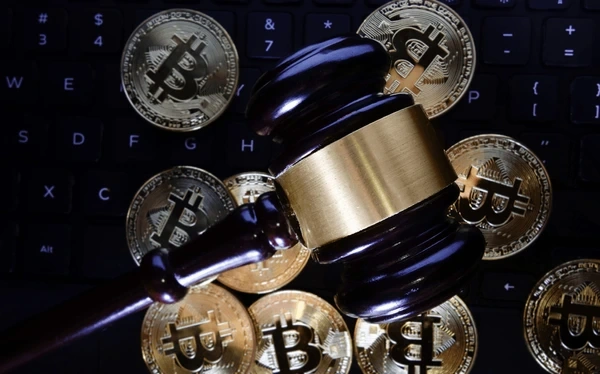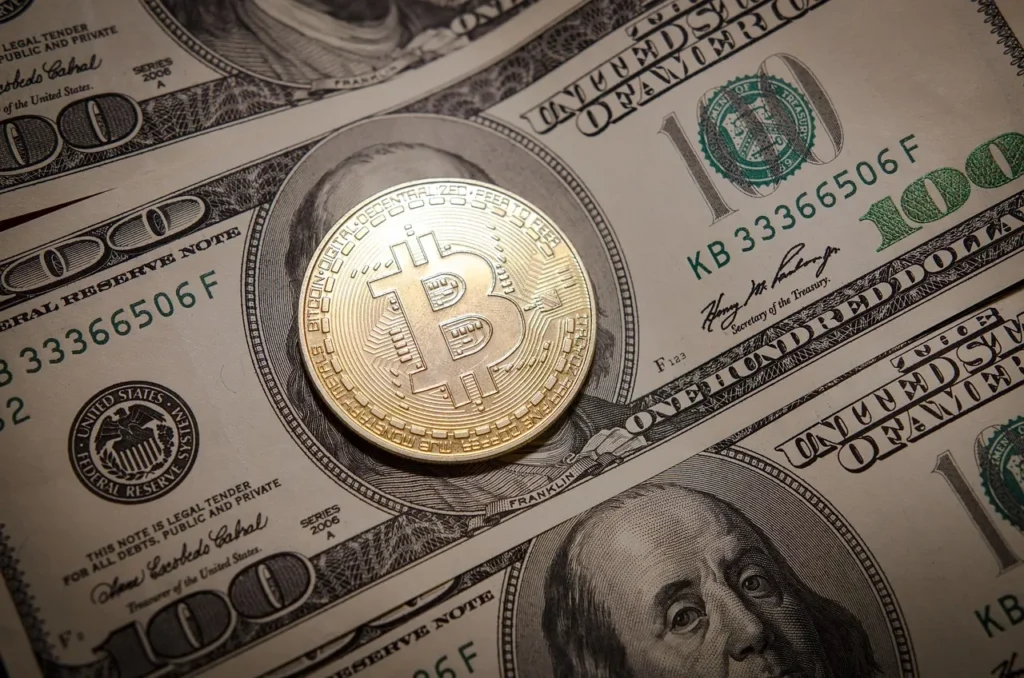Is Crypto Legal? A Regulatory Deep Dive into Crypto Legal Status
Cryptocurrency’s legal status is one of the most hotly debated—and confusing—topics in finance today. The term crypto legal status goes beyond headlines and into real-world legal systems, and here’s the kicker: there’s no global standard. What’s considered a tradable asset in one country could be completely banned in another.
So where does crypto stand legally, and what does that mean for holders, platforms, or regulators? Let’s explore.
Understanding Crypto Legal Status: Definitions Vary by Jurisdiction
There’s no single legal definition of crypto. And that’s the root of most confusion.
Take the U.S., for example. The IRS sees crypto as property, which means it’s taxed like stocks or real estate. Meanwhile, the SEC classifies certain tokens as securities, which subjects them to strict investor protection laws. The CFTC? They call some of it a commodity.
Meanwhile, Japan recognizes Bitcoin as a legal form of payment—but not legal tender. That distinction matters. Legal tender refers to money a government mandates for settling debts. Crypto typically doesn’t meet that bar, even if it’s widely accepted.


Contrast that with El Salvador, where Bitcoin is legal tender. But adoption remains rocky—some citizens embrace it, others ignore it, and many still prefer physical cash.
And then there’s China—where nearly all crypto-related activities are banned outright, citing financial stability and energy consumption concerns.
Legal Classifications: Property, Security, or Currency?
The big question regulators wrestle with: what is crypto?
- Property: In most countries, crypto is taxed as an asset. You owe capital gains tax when you sell.
- Securities: If a crypto token acts like a stock (i.e., promises returns), regulators may apply securities laws.
- Currency: Very few nations treat crypto as a real currency. Even fewer define it as legal tender.


This matters because each classification brings different rules. Owning property is very different from holding a legal tender currency backed by a central bank. And if regulators call your favorite altcoin a security? That might come with disclosure requirements, investor limits, and potential lawsuits.
Why Crypto Legal Status Isn’t Just for Lawyers
Think this only matters to regulators and politicians? Think again.
Your tax bill, your ability to recover funds from an exchange hack, and even the availability of crypto services in your region all depend on legal status. If you’re trading on a platform that doesn’t comply with your country’s financial rules, you could face account freezes or even legal trouble.

Plus, let’s say crypto becomes mainstream. Without regulatory clarity, companies may hesitate to build tools, governments may block access, and users may lack recourse if things go wrong.
Could Crypto Become Legal Tender? It’s Complicated.
The short answer? Possibly—but don’t bet on it soon.
El Salvador’s Bitcoin Law sparked global headlines, but most countries have taken a cautious wait-and-see approach. For crypto to become legal tender at scale, it would need:
- Stable valuations (currently…not the case)
- Broad infrastructure (payment systems, legal mechanisms)
- Public trust
Right now, many governments are betting on central bank digital currencies (CBDCs) instead. These digital versions of national currencies give officials control while meeting consumer demand for digital payments. If CBDCs go mainstream, decentralized crypto might face even tighter regulation.

Final Conclusion
So where do we land?
The crypto legal status question has no one-size-fits-all answer. Laws differ wildly depending on where you are—and they’re changing fast. Some jurisdictions treat crypto as property, others as a security, a few as currency, and almost none as true legal tender.
That’s why it’s crucial to stay informed. If you’re an investor, user, developer, or policymaker, understanding the legal terrain isn’t optional—it’s essential.
Relevant news: What Is the Crypto Legal Status? A Beginner-Friendly Breakdown




